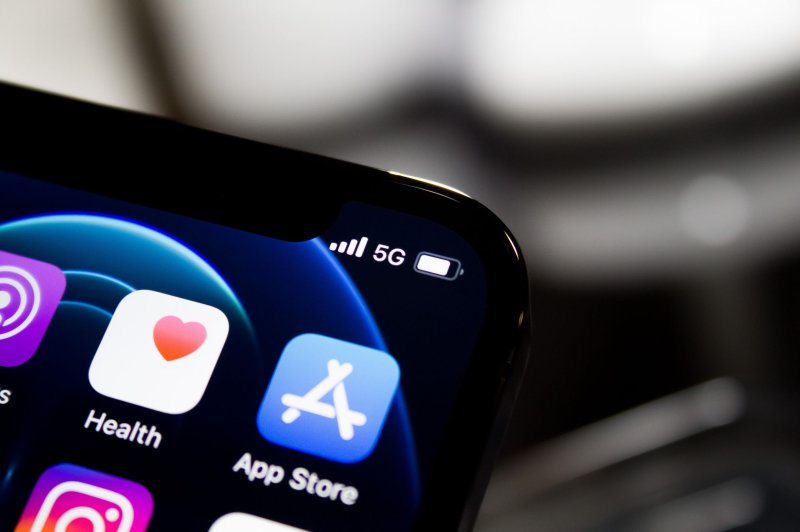Epic Games was ordered to pay Apple $3.6 million for revenue collected on Fortnite through its iOS platform. Photo by James Yarema/UNSPLASH
Sept. 10 (UPI) -- A federal judge ruled Friday that Apple didn't violate the antitrust law by imposing a 30% commission for digital goods and services on its iOS platform.
U.S. District Judge Yvonne Gonzalez Rogers ruled in favor of Apple over Epic Games -- developer of popular video game Fortnite -- in a legal battle over mobile gaming transactions.
Rogers specified that the ruling would focus solely on mobile gaming transactions and stated that Apple wasn't an antitrust monopolist and that Epic games overreached.
The 185-page ruling stated that Epic Games breached its contract with Apple when it implemented an alternative payment system in the Fortnite app.
Epic Games was ordered to pay at least $3.6 million to Apple for revenue collected from Fortnite users through iOS.
Rogers, however, also ruled that Apple violated California's competition laws by hiding information from consumers and stifling their choice.
"When coupled with Apple's incipient antitrust violations, these anti-steering provisions are anticompetitive and a nationwide remedy to eliminate those provisions is warranted," the ruling said.
Epic Games filed a lawsuit against Apple last year, claiming the company had an antitrust monopoly over its own system of distributing apps on Apple devices and in the App Store. It also said that Apple's system of collecting payments and a 30% commission on purchases made in Apple devices was an unfair practice.
Apple is already battling two lawsuits over the same compensation policy for developers.
The ruling went into detail Epic Games CEO Tim Sweeney's 2019 Project Liberty plan which it called a "highly choreographed attack on Apple and Google" to have control over the metaverse.
"To Mr. Sweeney and Epic Games, the metaverse is the future of both gaming and entertainment, and Apple's policies and practices are a hurdle which pose a problem," the ruling stated.
Project Liberty's first attack would be on Apple and Google software distribution and payment apparatuses. In May 2020, it passed on price savings to its players on platforms other than Apple and Google. It continued a campaign against both platforms, predicting that Fortnite would be taken off immediately.
It then introduced a "hotfix" enabling a direct pay option to Epic Games which went live on August 13, 2020. Apple pulled Fortnite from its App Store the same day.
Two weeks ago, South Korea became the first country to pass a bill preventing Apple and Google from requiring mobile developers to use their payment channels.
Though mobile gaming apps only account for 10% of all apps in the App Store, mobile gaming revenue accounts for 70% of all revenue collected.
Fortnite has over 400 million registered users worldwide.
Having convinced both Sony and Microsoft to erase the artificial barriers between players on their console platforms, Epic Games made Fortnite the first game to achieve full cross-play functionality across those devices as well as PCs and mobile devices.
About 73 million have accessed the game only through an Apple device.
Only 13.2% of its users made purchases through the iOS platform, but it still generated more than $700 million between its debut on the platform in March 2018 until July 2020.















